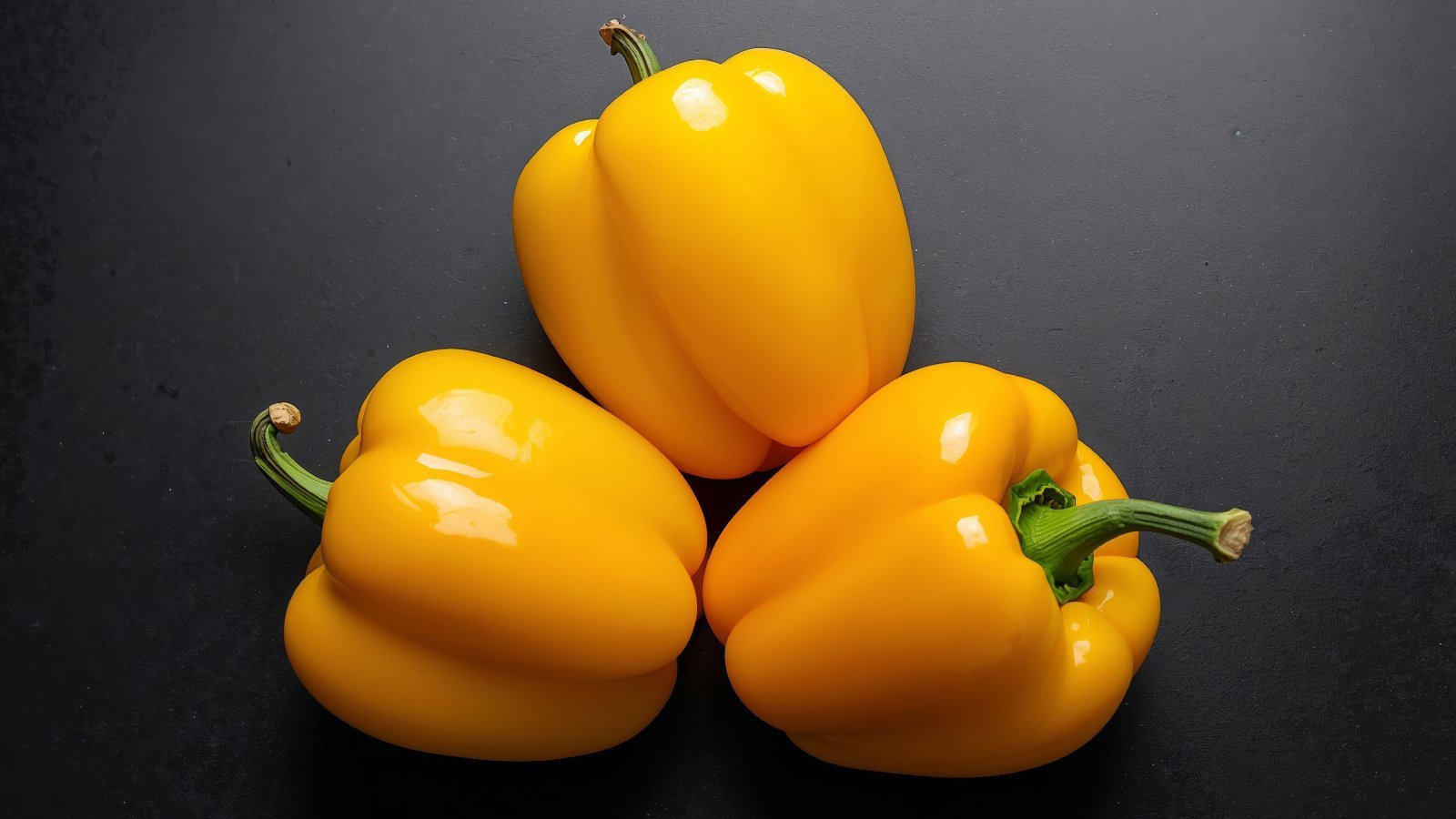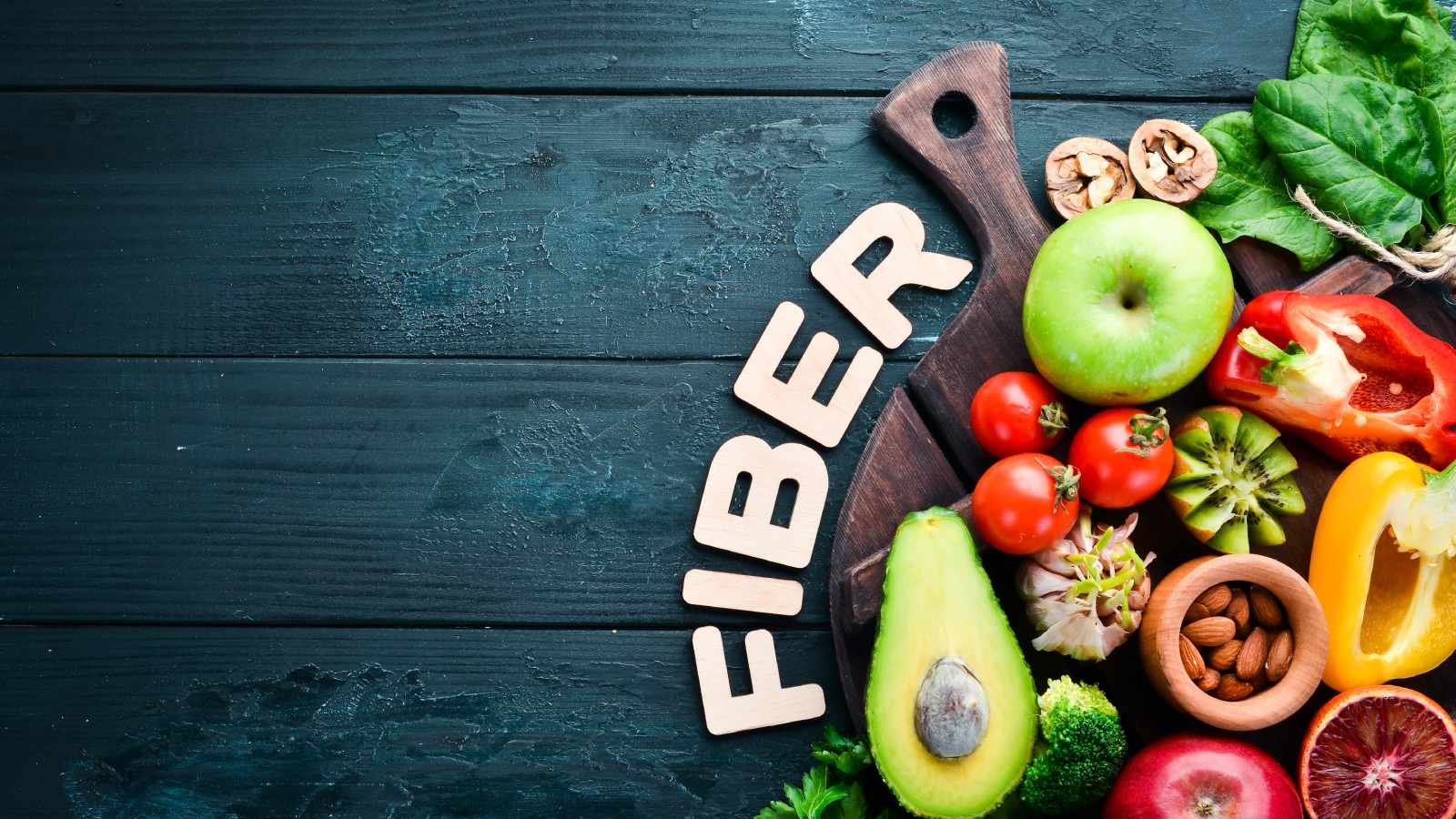Yellow bell peppers offer one of the highest vitamin C contents. Know how this bright veggie supports your immunity, heart, brain and weight-management.
If you love adding colour to your meals, the bright yellow capsicum deserves a spot on your plate. It is crunchy, juicy, and adds a subtle sweetness to any dish but there is more to it than just good looks. Yellow bell peppers are actually one of the richest sources of vitamin C, even more than red and green! They help boost your immunity, keep your skin glowing, and support heart and brain health. Nutritionist Dr Archana Batra says that adding yellow bell pepper to your meals is an easy way to strengthen your immunity and lose weight without adding extra calories.
What makes yellow bell peppers a superior source of vitamin C?
When it comes to vitamin C content, yellow bell peppers contain the highest amount. According to research published in the journal Alchemy, yellow bell peppers had an average of 159.61 mg per 100 g, compared with green (16.52 mg), orange (121.38 mg), and red (81.19 mg) per 100 g. Though some other sources list slightly different numbers, the ripe, yellow variety packs much more vitamin C. This nutrient is crucial for immune function and collagen production, which supports healthy skin, blood vessels, and connective tissue. By choosing yellow capsicum, you are adding one of the most potent plant-based sources of vitamin C to your daily diet.
How do yellow peppers support brain and heart function?
Yellow capsicum does more than just deliver vitamin C. According to nutritionist and certified diabetes educator Dr Archana Batra, it is also rich in several essential nutrients that support both brain and heart health. For example, it contains vitamin B6, which is important for brain function, and minerals like potassium and folate that support healthy cell function and cardiovascular health. Additionally, yellow peppers supply vitamin A (via beta-carotene), which helps maintain healthy vision. Together, these nutrients can promote heart health and cell function.

Can yellow bell peppers help with chronic disease prevention?
Yes. The bright colour of yellow bell peppers hints at their antioxidant and anti-inflammatory power. Bell peppers, in general, contain phenolic compounds and flavonoids such as quercetin, luteolin, and capsaicinoids, which help protect cells from oxidative damage, as per a study published in the Nutrients. This can support long-term health by lowering the risk of degenerative diseases like cardiovascular disease, diabetes, Alzheimer’s, and some cancers. Including yellow bell pepper in your daily diet helps protect the body’s cells from damage caused by free radicals, which are a major factor in ageing and disease development.
Are yellow bell peppers a good choice for someone managing their weight?
Absolutely. With only about 27 calories per 100 g, according to Food Data Central, and plenty of fiber, yellow bell peppers are a weight-management friendly snack or perfect meal ingredient. They are satisfying, nutrient-dense, and naturally sweet, making them perfect for raw or light cooking. Thanks to the fiber, they support digestion and help prevent feeling hungry soon after eating. So if you are keeping an eye on calories but also want to fulfil your daily nutritional intake, yellow capsicum is a smart pick.
How to add yellow bell peppers to meals?
Making yellow bell peppers a regular part of your diet is easy and tasty. Try them:
- Sliced raw with dips for a crunchy snack.
- Chopped into fresh salads for sweetness and colour.
- Lightly sauteed in stir-fries to preserve that vitamin C boost.
Dr Batra suggests mixing colours (green, yellow, red) for variety, but focusing on yellow will help ensure maximum vitamin C intake. Their sweet taste and vibrant hue can brighten any dish while supporting immunity, brain, heart, and cell health.
Related FAQs
How much Citamin C is in yellow bell pepper?
Yellow bell peppers contain about 159 mg of vitamin C per 100 grams, that Is even more than red and green!
Are yellow bell peppers good for skin health?
Yes, their high vitamin C supports collagen production, helping maintain healthy, glowing skin.
Can yellow bell peppers help in weight loss?
Yes, they’re low in calories and rich in fibre, which helps keep you full longer.
What IS the best way to eat yellow bell pepper?
They taste great raw in salads, roasted, or lightly cooked in stir-fries to retain their nutrients.






